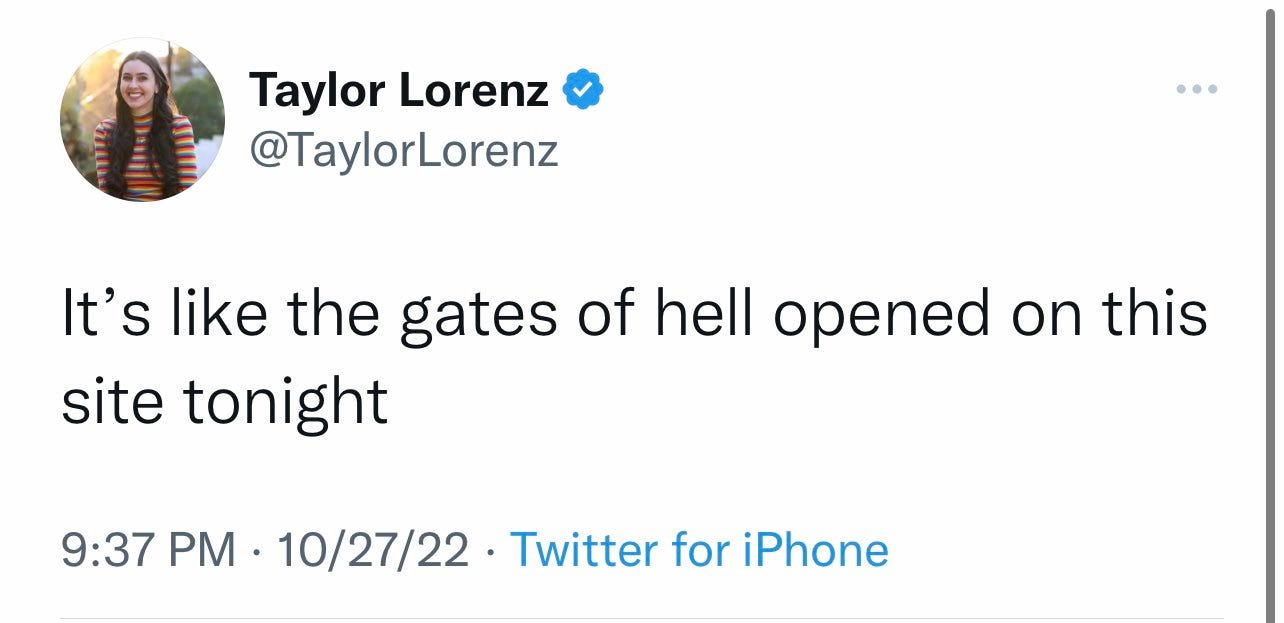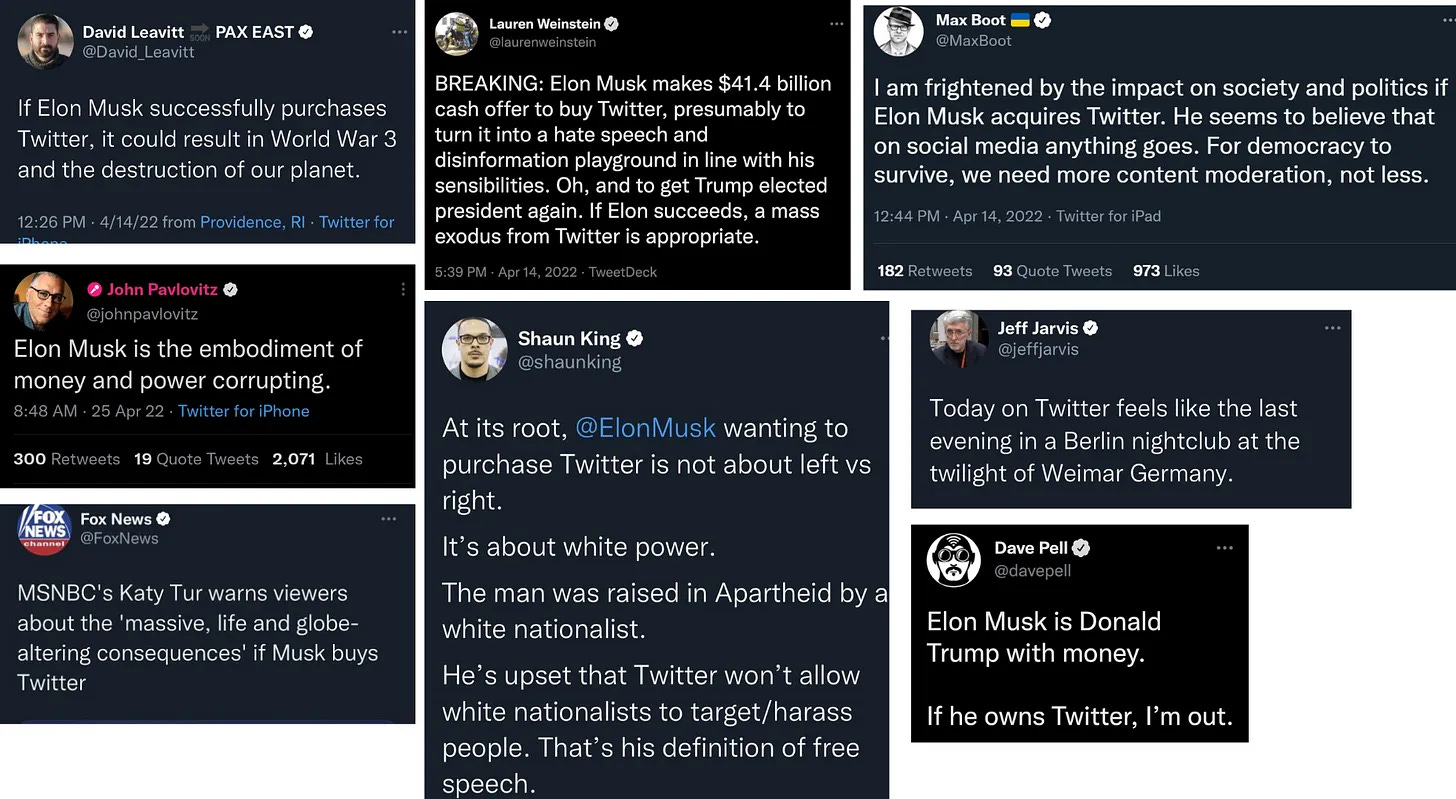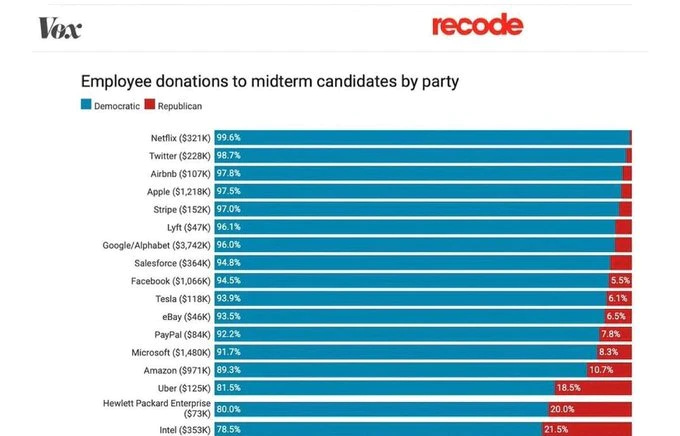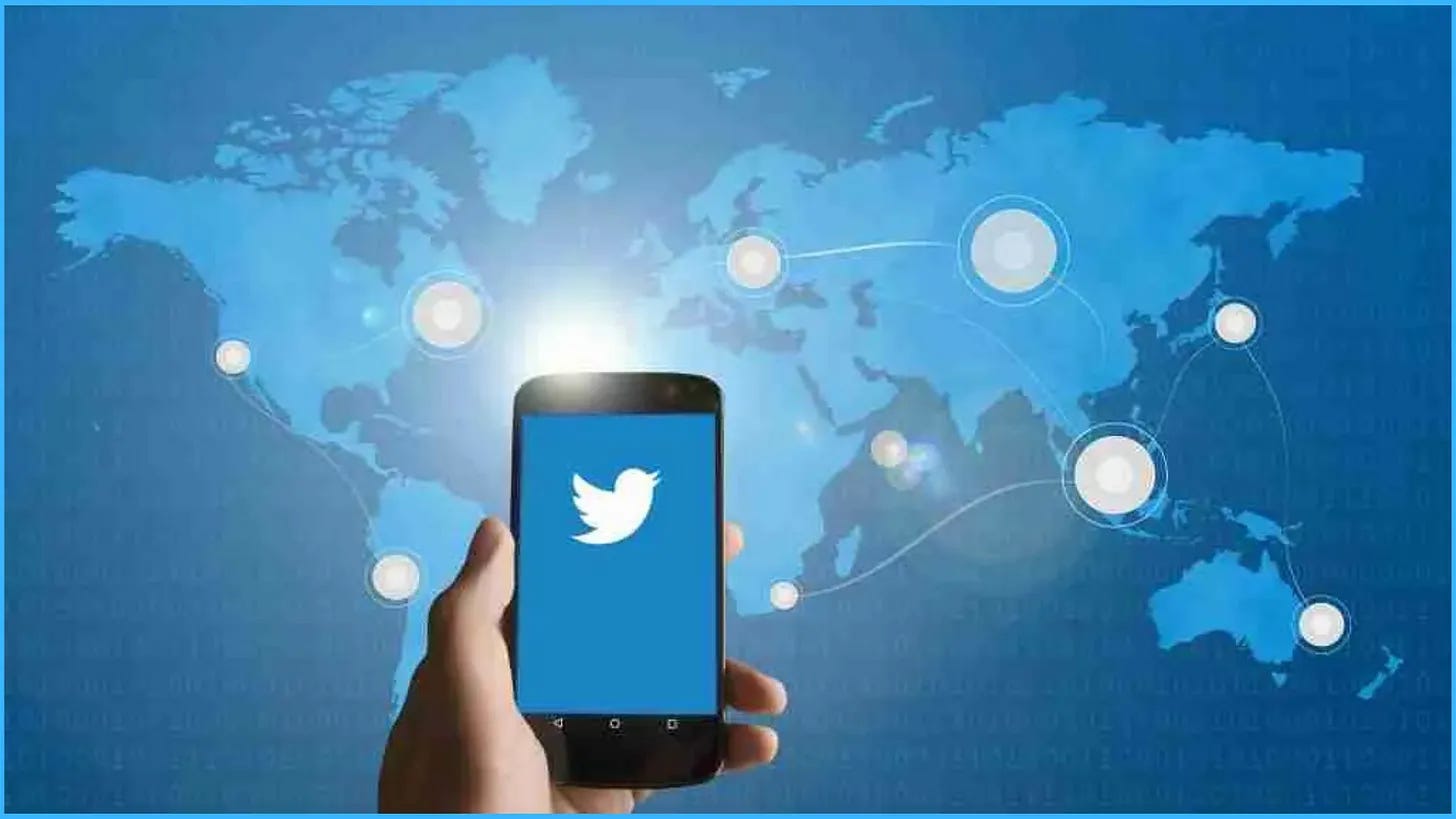Today is a dark day. Frankly, it makes January 6 feel like a frolic in the psychic glade. We all knew this was coming, yet few of us really grasped how grim the portents were. The Blue Bird has been set loose. Loony MAGA heathens destabilized by gross quantities of impure corn liquor and generations of profoundly unbiblical sex have returned to the public square, unmuzzled and eager to spew heresies. Liberal media scribes are on the run. Democracy teeters on the brink. Children are crying.
I’m talking, of course, about Musk’s takeover of Twitter, a platform with a long history of suspending, shadow banning, and even expelling accounts for expressing the wrong political opinions, and banning factual information that contradicts the consensus orthodoxy surrounding politically-charged issues like the pandemic or the ongoing debate on gender ideology.
And boy oh boy, the spazzes are a-spazzing, and the Left has devolved into paroxysms of rage the likes of which we haven’t seen since, like, yesterday. There seems to be an ever-increasing ideological pressure on the Left to come up with more and more hyperbolic takes as a sign of one’s progressive purity, and Taylor Lorenz and Friends are continuing a competition amongst themselves to see who can author the most idiotic and overwrought primal-caterwaul-therapy histrionics at the prospect of having the site’s notoriously biased censorship rolled back.
Winner:
Essay after essay from mainstream media scribes and their mob of pretentious do-gooders, the progressive clergy, have condemned Musk for daring to infringe upon their ideological bubble, and the Twitterati are churning out philippics demanding rules and protocols and regulations because damnit, This is Extremely Dangerous to Our Democracy™! There’s also an ongoing campaign to paint Elon Musk as “dangerous,” a rich megalomaniac who’s going to “harm marginalized communities.”


It seems that, mysteriously, Twitter went from a corporation beholden solely to shareholders, an independent entity whose open secret was the manipulation of information and engineering the illusion of consensus and truth, to a secular public entity that under no circumstances should ever be affected by outside parties, especially “old, rich, cis white men.”
The apoplectic response underscores what many of us have long known and the Left has long denied—Twitter is overwhelmingly biased against conservative users, so much so that the platform has become a critical part of the Left’s ecosystem, an activist extension of progressive orthodoxies thanks in large part to its employees:
Twitter’s user base is also overwhelmingly left-wing. According to Pew, 10% of users generate 92% of all tweets, and 7 out of 10 of these users are liberal. Using this data, Brian Riedl, a budget and tax expert, calculated last year that if Twitter were a congressional district, it would have a partisan voter index (PVI) of D+43. Today, that would tie it with Washington D.C., the most liberal district in the country.
Twitter is Important
The Blue Bird isn’t just another social media site. Musk knows this, which is why he bought it.1 It’s one of the most influential communications platforms in use, which might seem counterintuitive when you look at where it ranks in number of users relative to other social media platforms. Facebook is #1 with nearly 3 billion, no shocker there. But Twitter? All the way down at #15 (436 million), barely beating out Reddit and Quora.
While Facebook might dwarf Twitter in user volume, scope, and wealth, the latter’s open, fast-paced communicative structure with a dedicated community of “highly networked individuals” — the blue-check praetorian guard, a cynical and ethically marginal species that controls The Narrative™ every one of us is subjected to, whether we realize it or not — has far more of an impact in shaping reality.
Twitter is also unique in that it’s an information ecosystem requiring brevity and concision, with a pithy, rapid-fire format that suits anyone with an instinctual understanding of attention, the crucial resource of the digital economy. It gamifies tweets by offering immediate, quantified evaluations of one’s conversational success. It basically scores discourse, but also distorts the hell out of it because the tradeoffs of brevity and concision are space and nuance.
Metaphorically speaking, Twitter’s a lot like a cocktail party on steroids in that it’s a streamlined, short-form communication platform embedded within a predominantly cultural context that affords countless opportunities for those wanting to read, write, or interact. Whether tracking events in real time or catching up on the latest news updates, the platform provides a variety of social and informational experiences, especially since users are granted unique agency—you don’t have to be friends with those you choose to follow.
People obviously use Twitter for a variety of reasons, but it’s evolved into a global PA system thanks to its most singular feature: the retweet. The retweet function is a force multiplier, the fastest way to simultaneously spread and endorse information. And it’s frictionless. A tweet by itself is basically a text message, except instead of one-to-one, it’s one-to-many; but when you add in the retweet function, no communication platform can compete. It’s why I believe that even with dozens of alternative mediums available for use, no other independent channel of information holds as much potential for radical ideological change on a mass scale.

Thirty years ago, if you wanted to spread ideas and reach an audience, you needed the media’s monopolistic broadcasting infrastructure—centralized and expensive. But no longer. In the 21st century, with a media landscape that’s fractured and atomized, it’s the flow of attention, not information, that matters; one’s ability to spread ideas and reach an audience is now about making yourself heard above the info-sphere’s deafening din, and the best way to do that is by using digital platforms.
Indeed, in the age of the tweet, the media is rarely the first to break a story, let alone deliver news that’s based on substantive information grounded in reality. Which at least partially explains why a growing majority of Americans get their daily dose of polarizing media content on Twitter, the leading source for news among all social media sites, a role that the company has taken steps to maintain.
What’s Really At Stake
Fifteen years ago, Twitter was founded by Jack Dorsey to serve as a platform for the “free speech wing of the free speech party.”
Today, it’s like the crown jewel of social cesspools. Not at all coincidentally, it’s home to the liberal clerisy—the judgmental, absolutist, intolerant modern-day Puritans and, frankly, pretty much every other kind of person you want to beat up on sight, who think having to acknowledge alternative views and opinions is, rather than integral to any liberal democracy, an unjust imposition of emotional labor. It’s also the forward operating base for the left-wing socio-political hegemony captained by wealthy, progressive elites who understand the power of information and collectively work to discredit and suppress that which contradicts liberal orthodoxies and diverges from decreed liberal truths.
The pace of modernity has obscured just how striking of a transformation the Left has undergone in embracing authoritarian precepts. The reality is that for all the warnings about the supposed fascistic instincts of Trump and Republicans, we’re suffocating in an environment of left-wing oppression characterized by hallmarks of authoritarianism—suppressing dissent, criminalizing and demonizing the noncompliant, and tightening control over the flow of information.
They basically brainstorm ways of muffling adversaries because they can actually muffle adversaries; not only are Democrats currently top dogs in Washington, but the cultural power they hold really cannot be overstated. Corporate media, academia, Hollywood, Big Tech. Even the ACLU, for God’s sake. And the downstream effects on the rest of society are palpable.
Case in point: Silicon Valley. So blue it might as well be purple, the plutocratic techno commune has turned into Big Brother. Since their humiliating loss in 2016, the Democratic Party, consumed with blaming Russia and Big Tech instead of looking in the mirror, has slowly but surely managed to re-purpose the power of tech executives who nominally manage social media platforms to suppress and censor across-the-aisle voices.
Every single left-wing partisan knows, consciously or subconsciously, that Twitter has been an indispensable propaganda tool — exclusively theirs — with an outsized influence on reality thanks to algorithms that’ve codified the ideological predilections of Silicon Valley oligarchs who happily kowtow to Democratic Party leaders.
In this way, Twitter became integral to the same people who’ve cloaked pretty much every significant American institution in progressive orthodoxy over the past decade or so; in more ways than not, this social cesspool again made members of once hallowed progressions the “rightful” custodians of knowledge, and they’ve since sought increasingly dystopian ways to manage the perturbing agent between authority and the public: information.
I know this might sound like overly-abstract, convoluted nonsense, but information and the technology of dissemination form a central pillar of power in a democratic society: Democratic power tends to be partial toward those with the best command of political information at any particular stage in history—which is sort of like a fancy way of saying those who control the narratives a society uses to make sense of reality are the ones in possession of true power. It follows, then, that if relationships among people, information (i.e. news), and political authority are altered, it impacts how a society functions and how its citizens fare. Which means change(s) in the structure and accessibility of information will royally mess things up for complacent elites enamored with the status quo.
But truth is a function of trust largely dependent on the authority of the source. And when peasants like yours truly can use online and digital technologies to feed narrative-undermining information into the public conversation thanks to our new era of digital participatory culture, this is a big problem indeed for a Democratic Party welded to, and increasingly dependent on, a mainstream media axis that desperately needs to maintain some semblance of authority in a bid for relevance and self-preservation.
Power is the point, folks. The liberal obsession with Twitter and the Disinformation Boogeyman is a front for maintaining a stranglehold on the flow of information devoted to the perpetuation of their power and the cultural hegemony they enjoy thanks to an unofficial partnership between Big Tech, corporate media, academia, and cash-rich foundations that’s been pushing, via suppression and censorship, for ideological conformity and a vice grip on discourse.
And when the regime rules by narrative manipulation, the free exchange of information is seen as a dangerous threat. With Elon Musk at the helm of their Precious, the Bolsheviks know change is a-coming, along with their worst fear: Transparency. Because where there’s transparency, you can be sure that accountability doth cometh, too.
Musk made it clear in an interview that his motivations for purchasing the platform are not financial, but instead have to do with genuine concerns about free speech and the limitations on discourse that Twitter has been imposing.
















This post is harming the marginalized, I'm reporting you to Taylor Lorenz.
If we can't indocrinate you and your children with our sacred beliefs and enforce your compliance, the Nazis have won and the ice caps will melt!
Think of the planet! Think of the children!
Elon Musk might be the antichrist... who knows at this point. But I do know it was fun watching the progressive meltdown and the return to Twitter of the banned and banished!